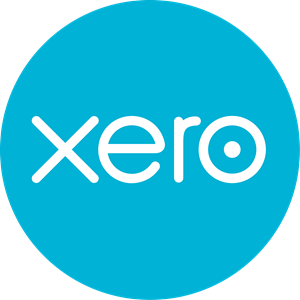I Built A Backup SaaS Tool With 50+ Customers In Just 8 Months
Note: This business is no longer running. It was started in 2020 and ended in 2025. Reason for closure: Acquired by Rubrik.
Hello! Who are you and what business did you start?
My name is Courtenay and I run a backup business called Backrightup. Backrightup makes it easy to backup and restore your Azure DevOps instance. We backup repositories, wikis, and all the pipelines that go with managing your code and associated DevOps.
Our customers are usually medium to large enterprises who require backups for compliance or simply want to protect against the worst-case scenarios including human error, ransomware, hijacked accounts, or malicious employees.
We’ve grown to just over 50 customers in just 8 months, having only launched an MVP in January 2021. Azure DevOps backup was the third most highly voted for the idea in Microsoft’s user feedback tool so our product validation was done for us!























